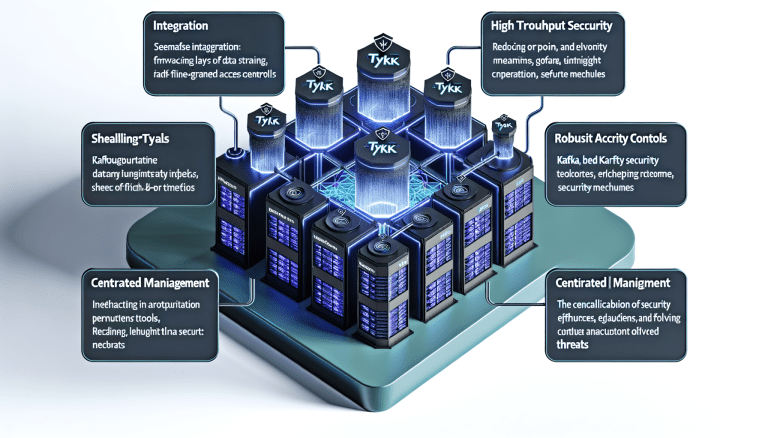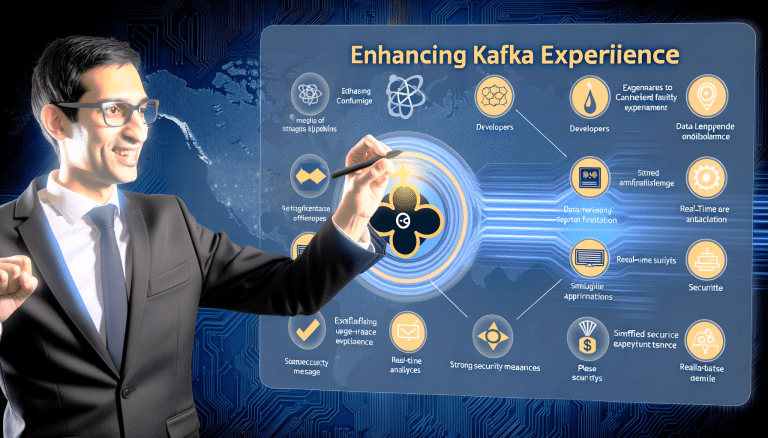Introduction to Kafka and AI Integration
The integration of Kafka with artificial intelligence (AI) systems is becoming increasingly significant. Kafka, a robust stream processing platform, facilitates smart data management, enabling AI systems to ingest and handle large volumes of real-time data efficiently. This combination is paving the way for more efficient AI-driven solutions.
The Role of Kafka in Data Streaming
Kafka’s primary function is to handle data streams, making it a fundamental tool in managing the data lifecycle. It allows AI frameworks to access and process continuous streams of data, necessary for real-time analytics and decision-making processes.
Scalability and Flexibility of Kafka
Notably, Kafka’s scalability enables AI systems to grow seamlessly as data demands increase. Its flexibility allows for integration with various AI models and platforms, making it a preferred choice in dynamic environments requiring constant updates and processing.
Real-Time Data Processing
Real-time data processing, made possible by Kafka, is crucial in applications like predictive analytics and real-time monitoring. By streaming data continuously and handling large data volumes, AI models can generate timely insights and improve decision-making.
Use Cases in AI with Kafka
Several industries are benefiting from the integration of Kafka and AI, such as finance, healthcare, and IoT. For example, in finance, it aids in detecting fraudulent activities by analyzing transaction patterns in real-time. In healthcare, it streamlines patient data processing for better clinical outcomes.
Benefits of Kafka in AI Deployment
Leveraging Kafka provides significant advantages, including enhanced data accessibility, improved system resilience, and reduced latency in AI model deployments. These benefits lead to more reliable and faster AI solutions.
Challenges and Solutions
Despite its advantages, integrating Kafka with AI can present challenges, including data security and system complexity. However, with strategic planning and robust security measures, these challenges can be effectively managed.
Conclusion
Utilizing Kafka in AI systems offers transformative potential across various sectors. By enabling efficient data management and real-time processing, Kafka enhances AI capabilities, making it an invaluable component for future AI innovations.
View the original article here: https://www.gravitee.io/blog/leveraging-kafka-for-smarter-ai




